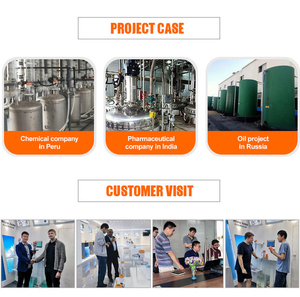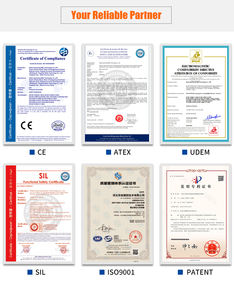Introduction to Magnetic Level Sensor
The magnetic level sensor is a highly efficient instrument designed to measure the level of liquids or granular solids. Utilizing magnetic floats, these sensors provide precise level readings without the need for direct contact with the fluid. Their innovative design makes them ideal for various industrial applications, offering reliability and durability under harsh conditions.
Types of Magnetic Level Sensors
Magnetic level sensors come in several types, each tailored to meet specific measurement needs:
- Float Sensors: These sensors utilize a float that rises and falls with the liquid level, triggering magnetic switches at predetermined points.
- Reed Switch Sensors: Incorporating reed switches, these sensors provide contactless level sensing, which enhances longevity and reduces maintenance.
- Capacitive Sensors: These sensors measure changes in capacitance caused by liquid levels, suitable for various fluid types.
- Ultrasonic Sensors: Using ultrasonic waves, these sensors detect liquid levels without touching the fluid, making them perfect for corrosive or volatile substances.
Applications of Magnetic Level Sensors
Magnetic level sensors are versatile and widely applicable across numerous industries:
- Chemical Processing: Ideal for measuring corrosive liquids safely.
- Water Treatment: Used for monitoring tanks and reservoirs ensuring proper levels.
- Food and Beverage Production: Essential for maintaining hygiene while measuring liquid levels in tanks.
- Oil and Gas: Suitable for extreme conditions, monitoring tanks and pipelines.
Advantages of Magnetic Level Sensors
Choosing a magnetic level sensor comes with numerous advantages:
- Accuracy and Reliability: Delivers precise readings, minimizing downtime or errors in monitoring.
- Durability: Made from robust materials, they withstand harsh environments and extreme temperatures.
- Low Maintenance: Due to their non-contact nature, these sensors require minimal upkeep, reducing operational costs.
- Versatility: Compatible with a vast range of fluids, including corrosive and viscous liquids, enhancing their applicability across industries.


















































